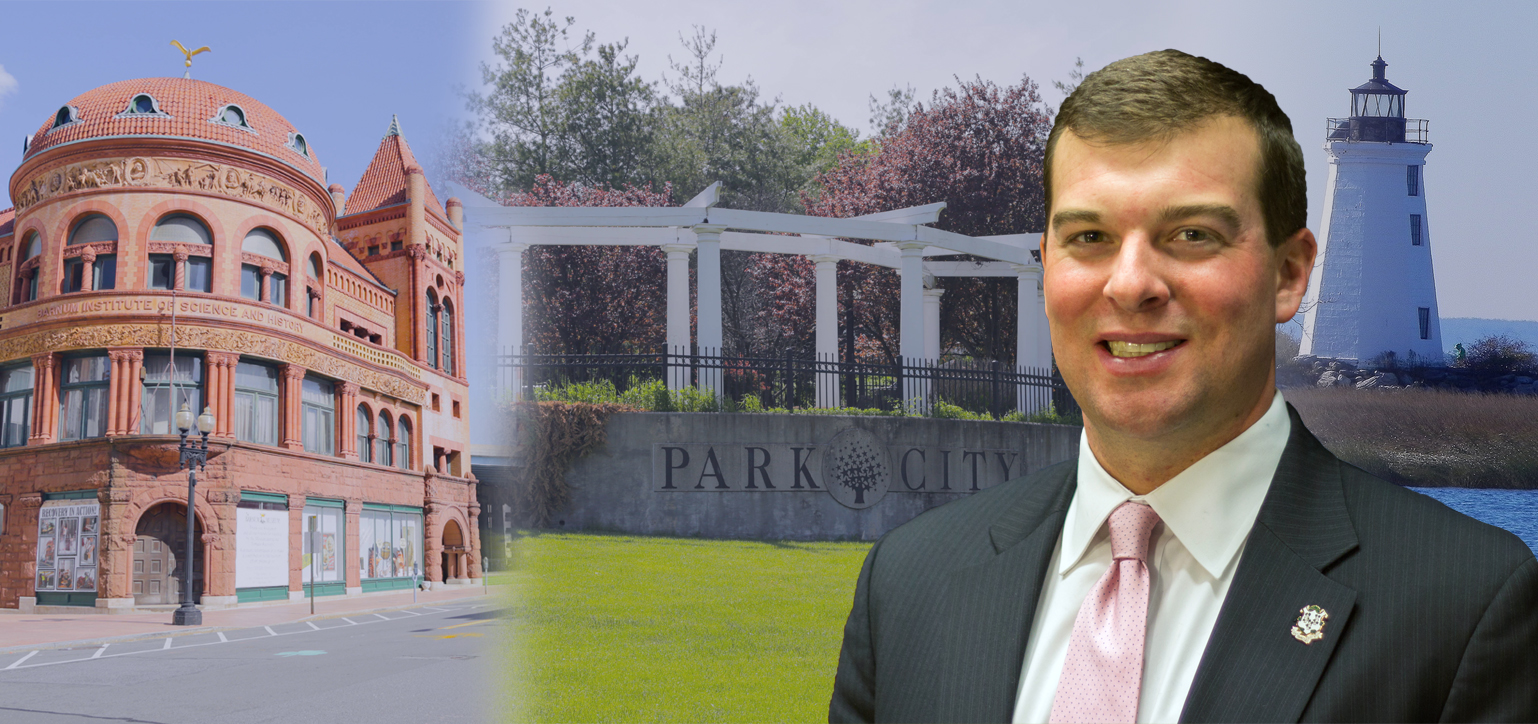Bipartisan budget overwhelmingly approved in Legislature
October 26, 2017Following months of negotiations, the Connecticut House of Representatives today joined the state Senate in overwhelmingly approving a bipartisan budget that will end our state’s budget stalemate and the fear and uncertainty that having no budget has created for our municipalities, businesses and social service providers.
This $41.3 billion two-year plan will help close a projected $3.5 billion deficit over the next biennium by committing to significant structural reforms. Not only will this budget help Connecticut steady its financial footing, but it will help spur economic development and restore millions of dollars to municipalities, our schools and core state services.
This bipartisan, two-year state budget:
- Avoids the draconian cuts to Bridgeport and its schools proposed by the Republicans and the Governor’s Executive Order;
- Reinstates funding to our state and local independent colleges such as Fairfield and Sacred Heart universities and University of Bridgeport;
- Invests in our tech schools and workforce development programs;
- Protects many of the social service and youth services programs our residents rely on, including Care4Kids, StreetSafe Bridgeport and Project Longevity;
- Implements spending and bonding caps to help reduce our long-term debt;
- Creates a process for distressed municipalities to apply for increased funding and assistance in restructuring debt with more state oversight;
- Does not increase sales or income taxes;
- Rejects Gov. Malloy’s plan to burden local town and education budgets with state pension obligations;
- Requires future state labor contracts to be voted on by the Legislature;
- Provides for a sustainable revenue source to ensure the long-term solvency of the Special Transportation Fund.
Make no mistake; this is a tough budget that is far from perfect. While it creates a new state education funding formula, which over a course of several years, gradually diverts more funding away from wealthier towns to districts like Bridgeport, that formula is not nearly as aggressive as I would like it to be in addressing the needs of our poorer districts. The budget also makes some significant and potentially painful cuts to many important state programs and services.
But, on balance, in these difficult times and given the political makeup of the Legislature it is the right budget and a true compromise. It protects Bridgeport's share of state aid and funding for critical services. It also is a step forward in addressing Connecticut’s fiscal challenges. With the next legislative session only a few short months away, passing this budget allows us to put this prolonged debate behind us and move on to addressing other priorities to move our city and state forward.





